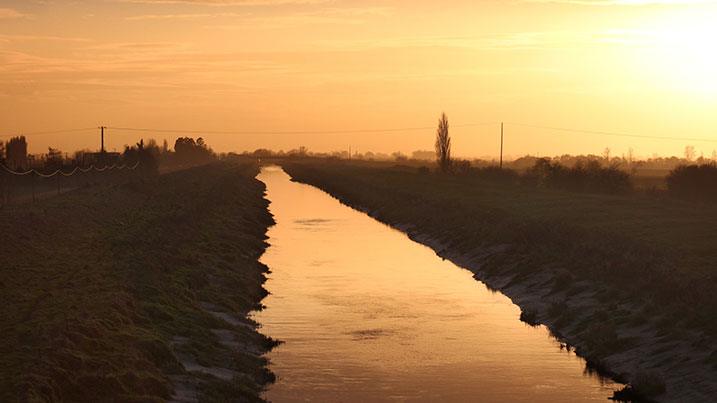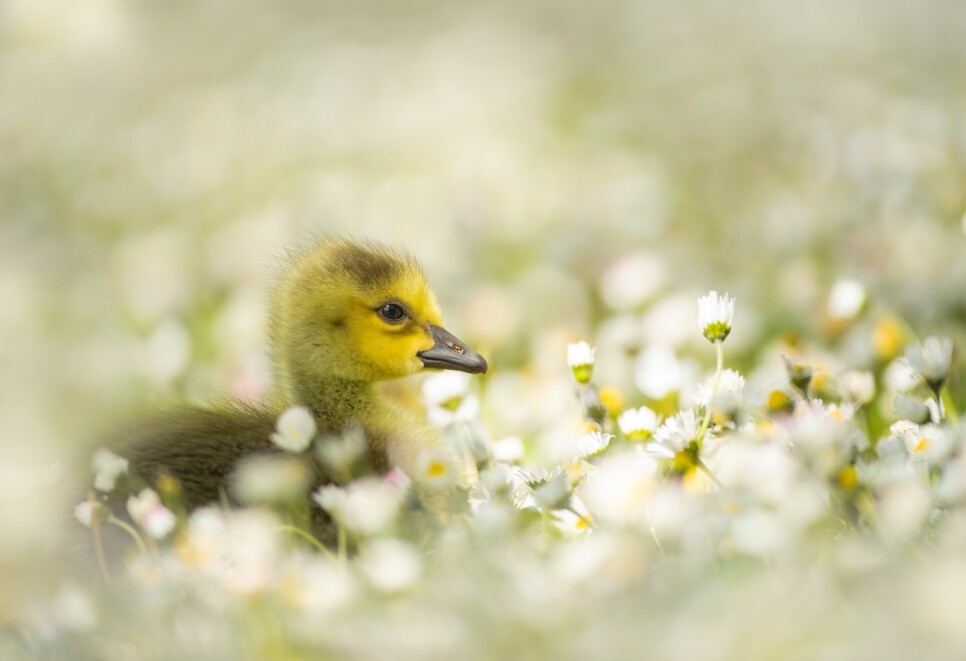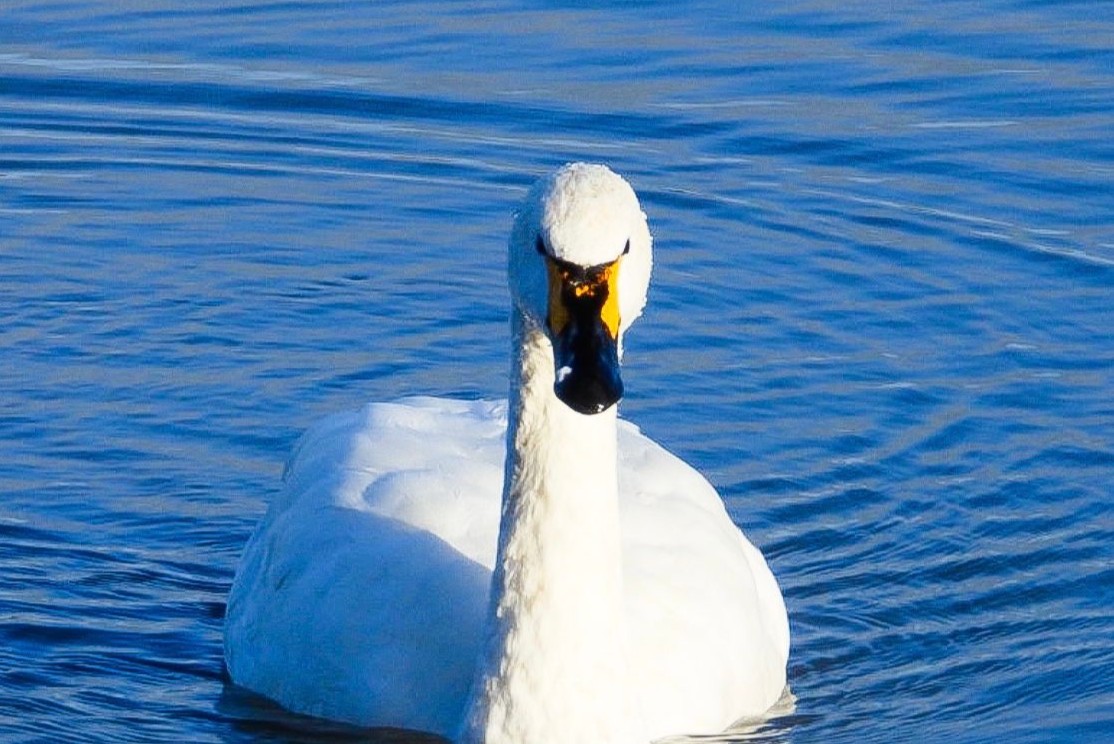Wetlands' future is "non-negotiable"

“Healthy wetlands are non-negotiable for life as we know it and if you take them – and the biodiversity they support – out of the equation the whole edifice crumbles”.
That’s the stark message given by WWT and five fellow NGOs to an international meeting on wetland conservation currently taking place in Switzerland.
The joint statement was delivered by representatives of the NGOs, including WWT’s Chief Executive Martin Spray CBE. They act as global advisers to the Ramsar Convention on Wetlands, whose Standing Committee is meeting in the municipality of Gland, beside Lake Geneva.
The NGOs are urging member countries of the Convention to ensure the value of wetlands is recognised as the international community looks beyond 2020, when it will collectively miss several environmental targets. The NGOs’ statement continued:
“Next year will be an important year for biodiversity. Along with the Convention on Biological Diversity COP in China, it is a critical year for international efforts to meet the 2030 Sustainable Development Goals and it will signal the official start of the Paris Agreement on Climate.
“We must demonstrate the central importance of wetlands to many of the key targets that will be in the global spotlight in 2020. Swamps, bogs, marshes and mangroves may not be as famous or photo-friendly as cloud forests and coral reefs, but we can’t survive without them and as climate change becomes an inescapable reality, wetlands offer us opportunities to build resilience, mitigate some of its effects and adapt to others.”
The Ramsar meeting continues through till the end of Friday with topics under discussion including Wetland City accreditation and new sites designated for protection under the Convention including three new sites in South Africa.
The Ramsar Convention on Wetlands was the first international convention to protect habitats around the world. WWT’s founder Sir Peter Scott was instrumental in its establishment in 1971 and delivered the Convention’s opening speech at its first meeting in the Iranian Caspian Sea town of Ramsar, after which it’s named.



